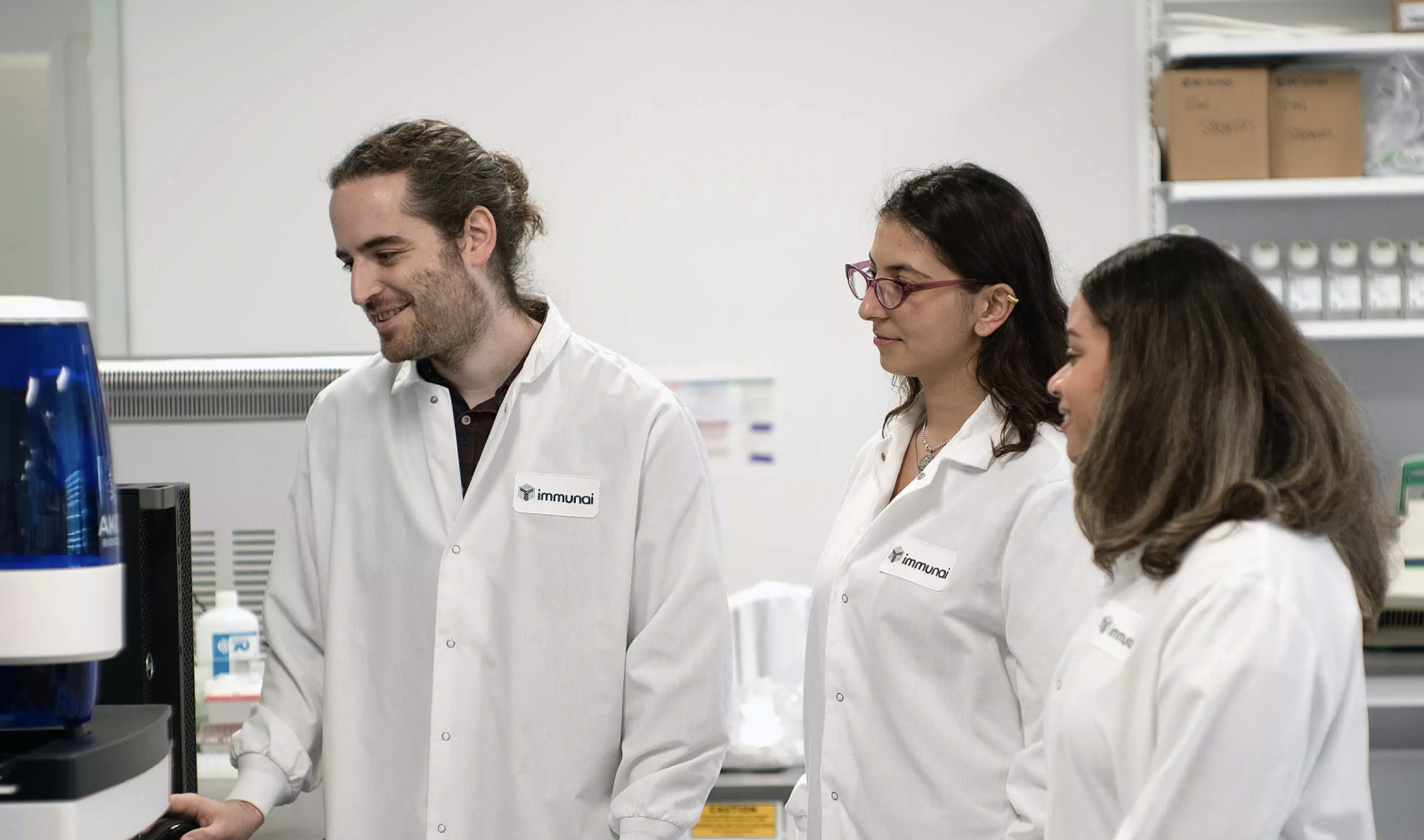Immunai and Parker Institute to Build Largest Single-Cell Dataset for Real-World Immunotherapy Research
Immunai and the Parker Institute for Cancer Immunotherapy (PICI) have announced a collaboration to build what they describe as the world’s largest patient-centric single-cell dataset focused on standard-of-care immunotherapy.
The project will analyze over 3,700 longitudinal blood samples from 1,070 patients treated with immune checkpoint inhibitors, drawn from PICI’s "RADIOHEAD" study—a multi-center, pan-cancer cohort conducted across 49 U.S. community oncology clinics.
The RADIOHEAD dataset includes patients with non-small cell lung cancer (~1,400 samples), melanoma (~500 samples), and other cancers. Samples are collected at three clinical timepoints: pretreatment, early on-treatment, and during immune-related adverse events. These are paired with detailed clinical and demographic data and subjected to multi-omic profiling—covering circulating tumor DNA, whole-exome sequencing, serum proteomics, transcriptomics, and high-dimensional immune profiling.

Immunai team
Immunai will perform single-cell RNA sequencing and integrate the data into its AMICA (Annotated Multi-omic Immune Cell Atlas) platform, which supports comparative immune analysis across diseases. The company will use 10x Genomics’ Chromium GEM-X technology for single-cell resolution and apply its proprietary AI tools to identify molecular patterns of immune response and resistance. The aim is to support the discovery of predictive biomarkers, uncover immune mechanisms of therapy failure, and guide more targeted immunotherapy strategies.
The resulting dataset will inform Immunai’s ImmunoDynamics Engine platform for immune modeling and help de-risk clinical development through better patient stratification and early-response prediction.
This announcement follows Immunai’s March 2025 appointment of Mikael Dolsten, former Chief Scientific Officer and President of R&D at Pfizer, to its Board of Directors. Immunai has previously partnered with AstraZeneca, Teva, and other major pharma players to support drug development decisions in oncology and autoimmune indications.
Topic: AI in Bio